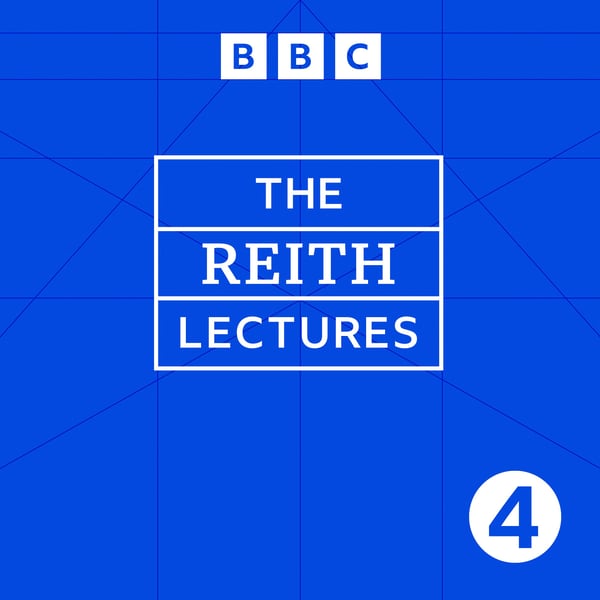The Century of the System
The Reith Lectures
BBC
4.2 • 770 Ratings
🗓️ 2 December 2014
⏱️ 42 minutes
🧾️ Download transcript
Summary
The surgeon and writer Atul Gawande argues that better systems can transform global healthcare by radically reducing the chance of mistakes and increasing the chance of successful outcomes.
He tells the story of how a little-known hospital in Austria managed to develop a complex yet highly effective system for dealing with victims of drowning. He says that the lesson from this dramatic narrative is that effective systems can provide major improvements in success rates for surgery and other medical procedures. Even a simple checklist - of the kind routinely used in the aviation industry - can be remarkably effective. And he argues that these systems have the power to transform care from the richest parts of the world to the poorest.
The programme was recorded at The Wellcome Collection in London before an audience.
The Reith Lectures are chaired and introduced by Sue Lawley and produced by Jim Frank.
Transcript
Click on a timestamp to play from that location
| 0:00.0 | Hi, it's Nicola Cochlin. Young people have been making history for years, but we don't often hear about them. My brand new series on BBC Sounds sets out to put this right. In history's youngest heroes, I'll be revealing the fascinating stories of 12 young people who've played a major role in history and who've helped shape our world. Like Audrey Hepburn, Nelson Mandela, |
| 0:22.4 | Louis Braille and Lady Jane Gray, history's youngest heroes with me, Nicola Cochlin. Listen on BBC Sounds. |
| 0:30.4 | Hello, I'm Dr. Toul Gawande, and this is a download from my 2014 BBC Reith Lectures series. My theme is the future of medicine, and this lecture |
| 0:41.4 | is called the Century of the System. Hello, and welcome to the second of this year's BBC |
| 0:48.9 | Reith Lectures, a double welcome, in fact, because today we're in the home of the welcome collection in london so henry |
| 0:56.7 | welcome was a medical pioneer he died in 1936 but his legacy the welcome trust lives on its vision and i |
| 1:05.9 | quote is to achieve extraordinary improvements in human and animal health. |
| 1:12.1 | So we couldn't really be in a better place to listen to this year's lecturer |
| 1:16.0 | on the subject of the future of medicine. |
| 1:19.6 | Last week he described how and why doctors fail. |
| 1:23.3 | This time he's discussing systems. |
| 1:26.1 | If they can be better designed, he says, |
| 1:28.4 | healthcare the world over can be completely transformed. |
| 1:32.5 | His title today is The Century of the System. |
| 1:36.3 | Ladies and gentlemen, please welcome the BBC Reith Lecturer 2014, Dr. Atul Gawande. |
| 1:43.7 | Thank you. Dr. Atul Gawande. |
| 1:55.1 | Well, what a great pleasure. Thank you. |
| 2:02.6 | Every country is struggling with delivering effective medical care to their populations. They're struggling for a variety of reasons. |
| 2:05.6 | You know, we blame the problem on money. |
| 2:08.6 | We blame the problem on too much regulation in healthcare. |
| 2:12.6 | We blame the problem on too much business in healthcare. |
| 2:15.6 | We battle it out over all of these kinds of issues. |
... |
Transcript will be available on the free plan in -3773 days. Upgrade to see the full transcript now.
Disclaimer: The podcast and artwork embedded on this page are from BBC, and are the property of its owner and not affiliated with or endorsed by Tapesearch.
Generated transcripts are the property of BBC and are distributed freely under the Fair Use doctrine. Transcripts generated by Tapesearch are not guaranteed to be accurate.
Copyright © Tapesearch 2025.

